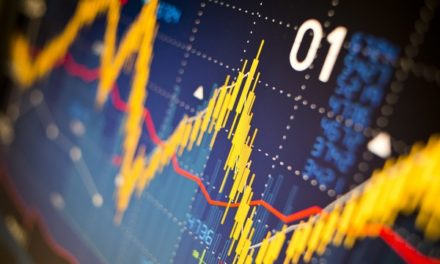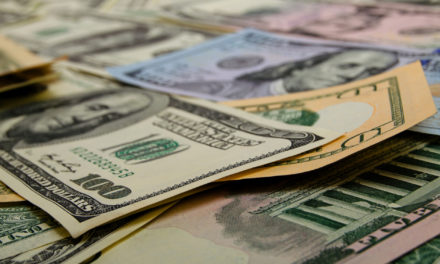
“When we own portions of outstanding businesses with outstanding managements, our favorite holding period is forever.”
— Warren Buffett
Investors can learn a lot from Warren Buffett, whose above quote teaches the importance of thinking about investment time horizon, and asking ourselves before buying any given stock: can we envision holding onto it for years — even a twenty year holding period possibly?
Suppose a “buy-and-hold” investor was considering an investment into Verizon Communications Inc (NYSE: VZ) back in 2002: back then, such an investor may have been pondering this very same question. Had they answered “yes” to a full twenty year investment time horizon and then actually held for these past 20 years, here’s how that investment would have turned out.
| Start date: | 12/30/2002 |
|
|||
| End date: | 12/27/2022 | ||||
| Start price/share: | $35.06 | ||||
| End price/share: | $39.25 | ||||
| Starting shares: | 285.23 | ||||
| Ending shares: | 735.56 | ||||
| Dividends reinvested/share: | $39.81 | ||||
| Total return: | 188.71% | ||||
| Average annual return: | 5.44% | ||||
| Starting investment: | $10,000.00 | ||||
| Ending investment: | $28,855.86 | ||||
As shown above, the twenty year investment result worked out well, with an annualized rate of return of 5.44%. This would have turned a $10K investment made 20 years ago into $28,855.86 today (as of 12/27/2022). On a total return basis, that’s a result of 188.71% (something to think about: how might VZ shares perform over the next 20 years?). [These numbers were computed with the Dividend Channel DRIP Returns Calculator.]
Beyond share price change, another component of VZ’s total return these past 20 years has been the payment by Verizon Communications Inc of $39.81/share in dividends to shareholders. Automatic reinvestment of dividends can be a wonderful way to compound returns, and for the above calculations we presume that dividends are reinvested into additional shares of stock. (For the purpose of these calcuations, the closing price on ex-date is used).
Based upon the most recent annualized dividend rate of 2.61/share, we calculate that VZ has a current yield of approximately 6.65%. Another interesting datapoint we can examine is ‘yield on cost’ — in other words, we can express the current annualized dividend of 2.61 against the original $35.06/share purchase price. This works out to a yield on cost of 18.97%.
More investment wisdom to ponder:
“Value investing means really asking what are the best values, and not assuming that because something looks expensive that it is, or assuming that because a stock is down in price and trades at low multiples that it is a bargain.” — Bill Miller



